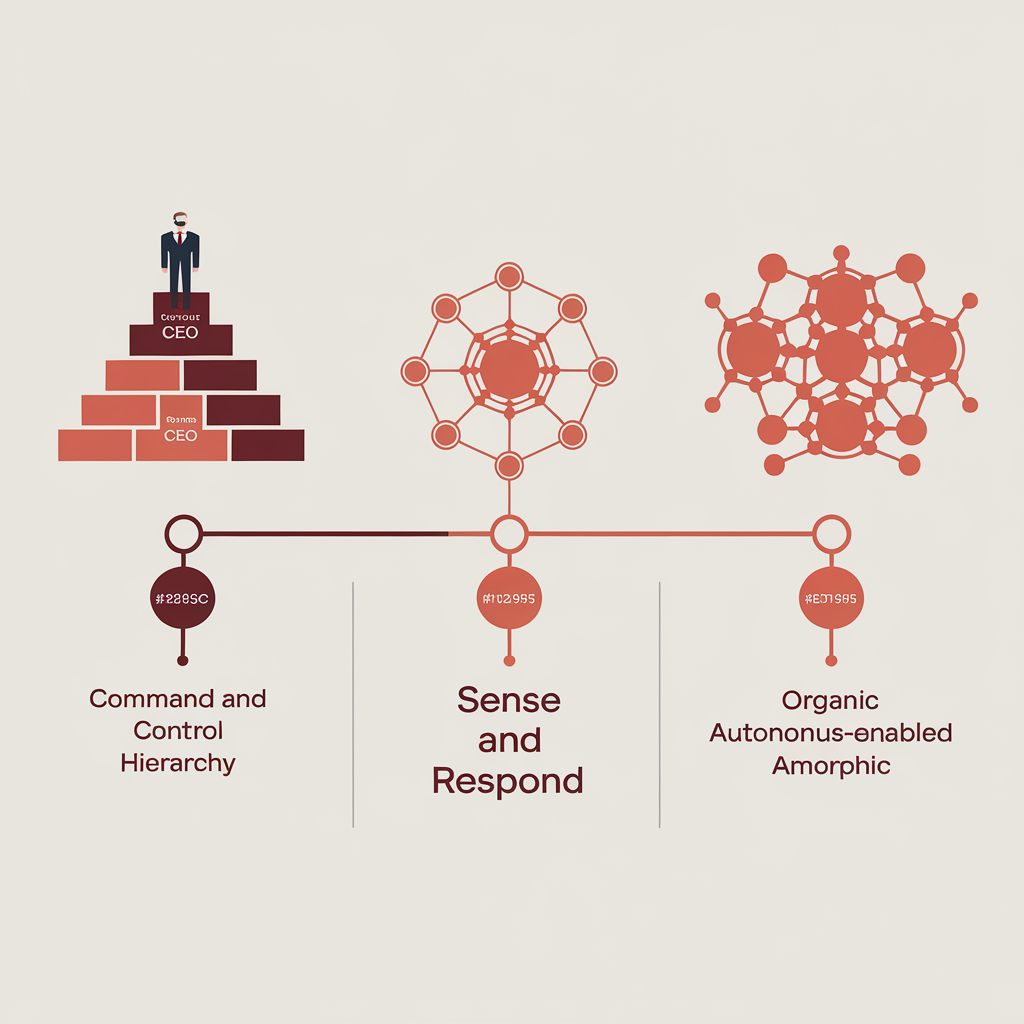- Reducing Transaction Costs in Markets
AI agents can automate and optimize many key processes that traditionally required significant effort and resources, such as:
- Search Costs: Al can efficiently find suppliers, customers, or partners by analyzing vast data sets and matching needs in real time.
- Negotiation Costs: Al-powered negotiation systems (e.g., autonomous smart contracts) can streamline bargaining and enforce agreements without human intervention.
- Monitoring and Enforcement Costs: Al can track compliance in real- time using tools like blockchain, loT, and automated auditing systems.
- Implication: By reducing transaction costs in market interactions, Al agents make external market transactions more efficient. This could lead to a reduction in the size and scope of firms, as fewer activities need to be internalized.
- Enhancing Internal Coordination
Within firms, Al agents can take on roles traditionally handled by managers, such as:
- Resource Allocation: Al can optimize the allocation of labor, capital, and materials based on real-time data using predictive models.
- Decision-Making: Al agents can analyze complex datasets to make faster and more accurate decisions than humans.
- Communication and Workflow Automation: Al-powered tools like chatbots, virtual assistants, and process automation systems can streamline coordination and reduce bureaucratic inefficiencies.
- Implication: By reducing internal organizational costs, Al agents can enable firms to grow larger without suffering from inefficiencies like communication breakdowns or bureaucratic inertia.
- Blurring the Boundaries Between Firms and Markets
AI agents can enable new hybrid models that challenge traditional distinctions between firms and markets:
- Decentralized Autonomous Organizations (DAOs): These are organizations governed by Al and smart contracts on blockchain, where decision-making is decentralized and automated. They reduce the need for traditional hierarchical firms.
- Gig and Platform Economies: Al platforms (e.g., Uber, Upwork) act as intermediaries, allowing individuals to transact directly while still coordinating activities. This reduces the need for traditional firms to employ workers directly.
- Implication: Al agents will create a world where firms and markets coexist more fluidly, with many traditional firm functions being outsourced to networks of Al-managed freelancers or autonomous systems.
4. Changing the Role of the Entrepreneur
Al agents can augment or even replace some entrepreneurial functions:
- Opportunity Identification: Al can detect market trends, consumer preferences, and emerging opportunities faster than humans.
- Coordination and Management: Entrepreneurs traditionally reduce transaction costs by organizing resources within a firm. Al agents can take over many of these tasks, such as hiring, scheduling, and strategic planning.
- Implication: The entrepreneur’s role may shift from being a central decision-maker to a designer or overseer of Al systems, focusing on high-level strategy and innovation.
- Impact on Firm Size and structure
- Smaller Firms: As Al reduces market transaction costs, smaller firms may become more viable, outsourcing most functions to Al-driven platforms or networks.
- Larger Firms: Conversely, larger firms that effectively leverage Al to reduce internal coordination costs may grow larger and more efficient, integrating diverse activities under one roof.
- Dynamic Firm Boundaries: Al enables firms to dynamically adjust their boundaries by outsourcing and insourcing activities based on real-time data and cost-benefit analyses.
- Creating New Transaction Costs
While Al reduces many traditional transaction costs, it may introduce new ones:
- Data Privacy and Security Risks: Firms must manage the risks of sharing sensitive data with external Al systems.
- Ethical and Legal Challenges: Al systems can create uncertainty around liability, intellectual property, and compliance.
- Complexity of Al Integration: Firms must invest in integrating and maintaining Al systems, which could become a new form of transaction cost.
- Implication: Firms will need to evaluate carefully whether the benefits of Al outweigh these new costs and risks.
Summary of Al’s Role in Coase’s Framework
Al agents will fundamentally alter the balance of transaction costs, which is the core determinant of why firms exist and how large they grow. The key effects include:
- Reducing transaction costs in both markets and internal firm operations.
- Enabling new organizational forms, such as DAOs and Al-driven platforms.
- Shifting the role of entrepreneurs toward designing and managing Al systems.
- Blurring the boundaries between firms and markets, leading to more dynamic and adaptive structures.
In essence, Al agents could lead to a redefinition of the firm itself, with the potential for smaller, more agile firms or entirely decentralized systems replacing traditional hierarchical organizations. This evolution aligns with Coase’s insights, as transaction costs still determine the structure and nature of economic activity—only now, Al is drastically reshaping those costs.









Leave A Comment